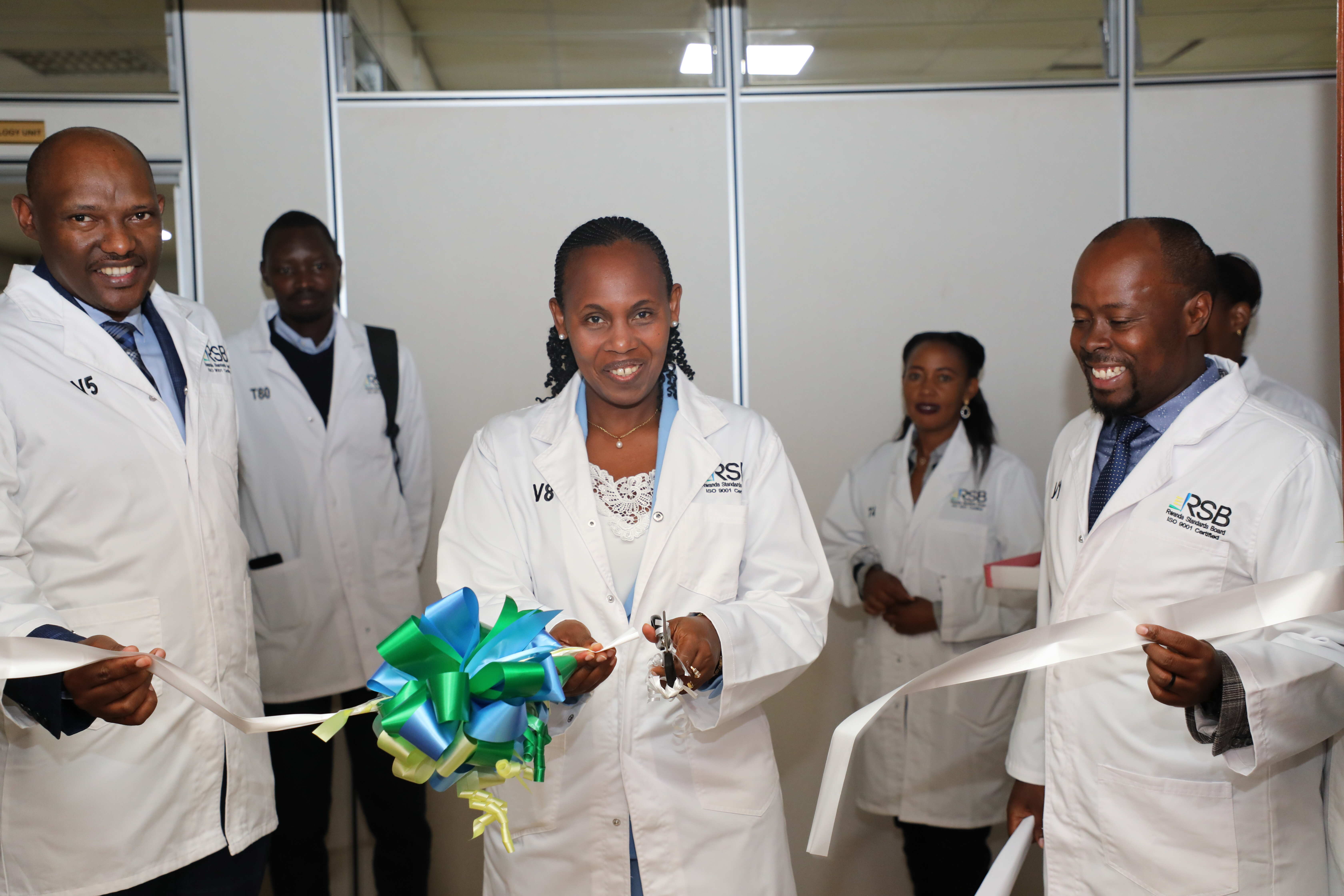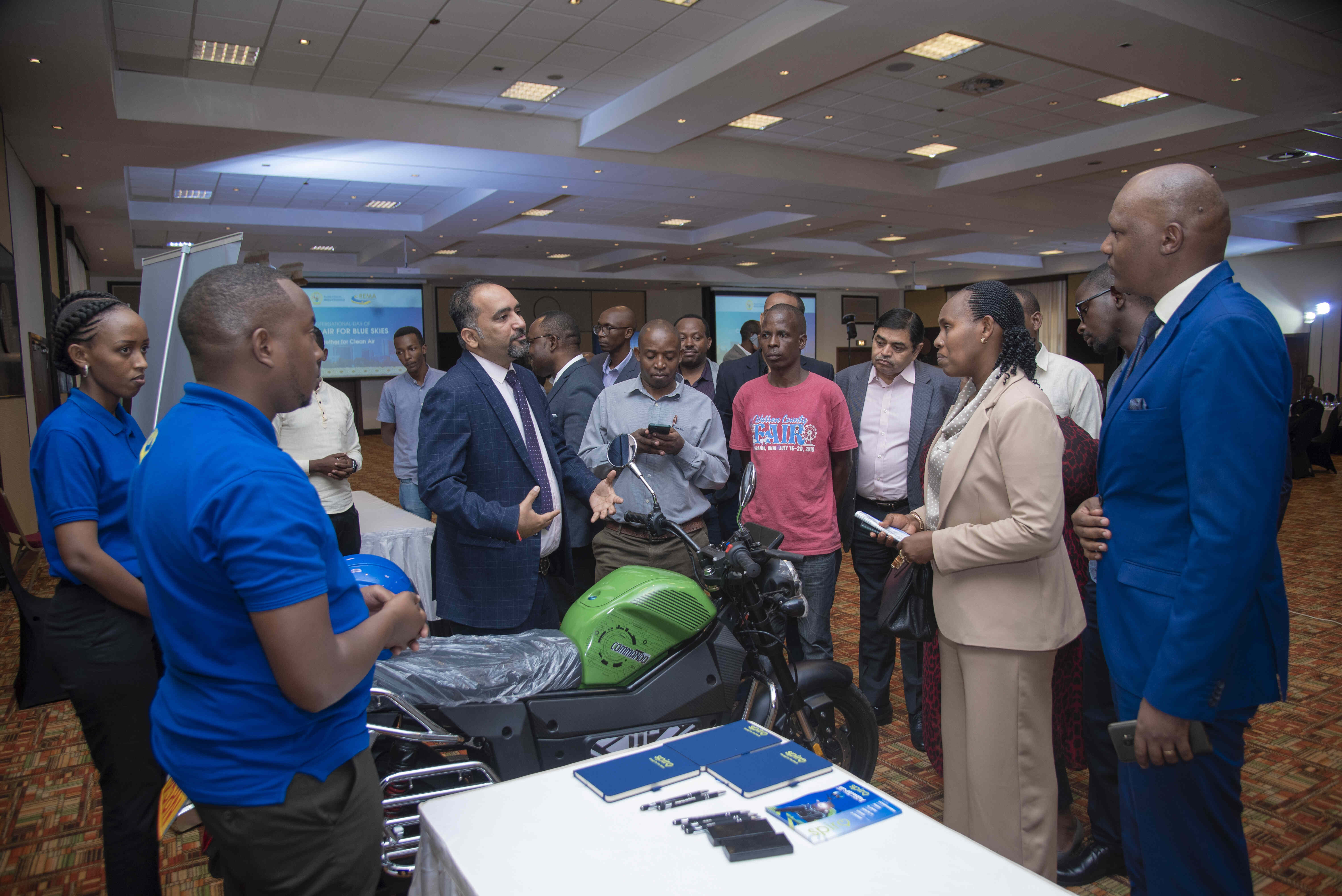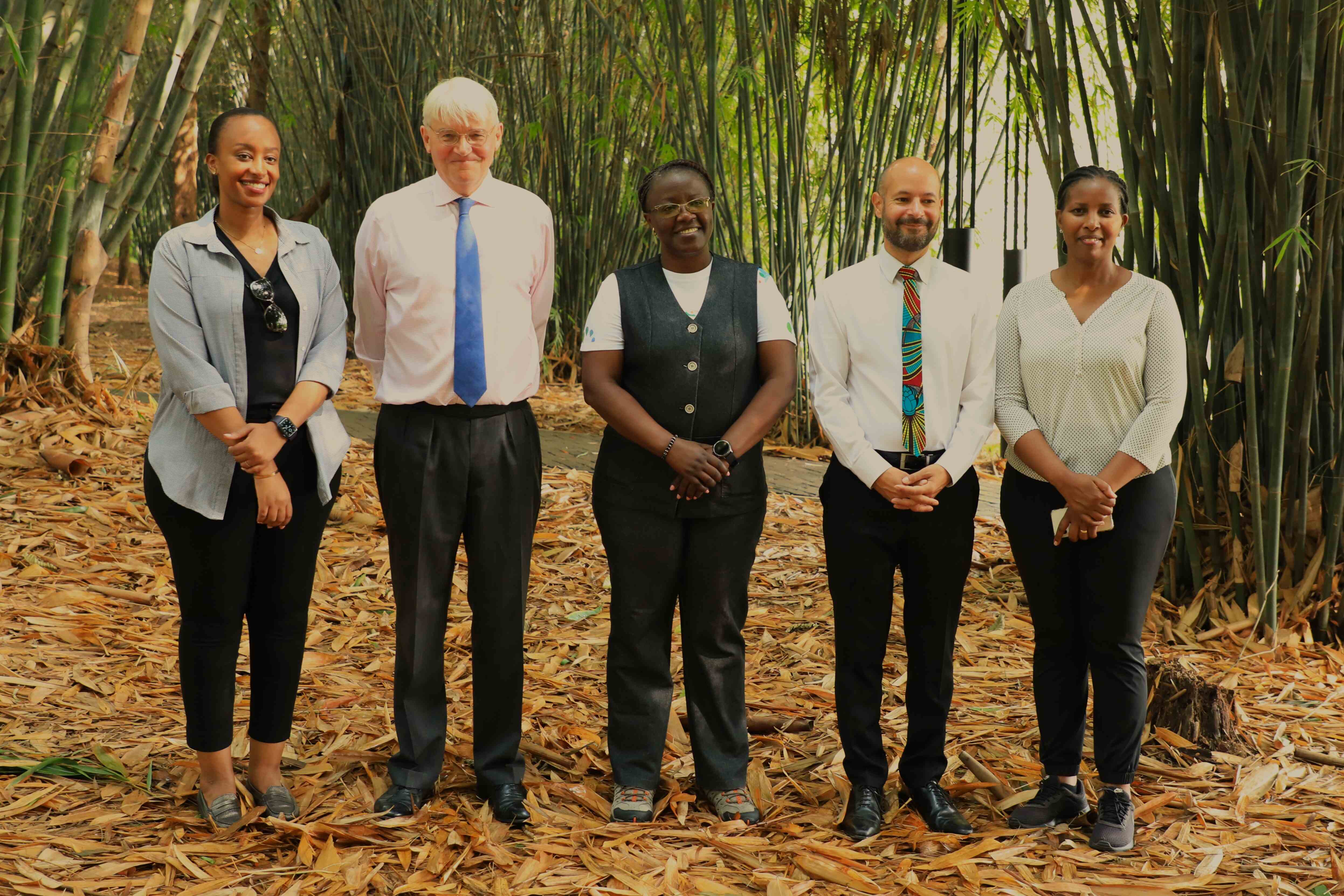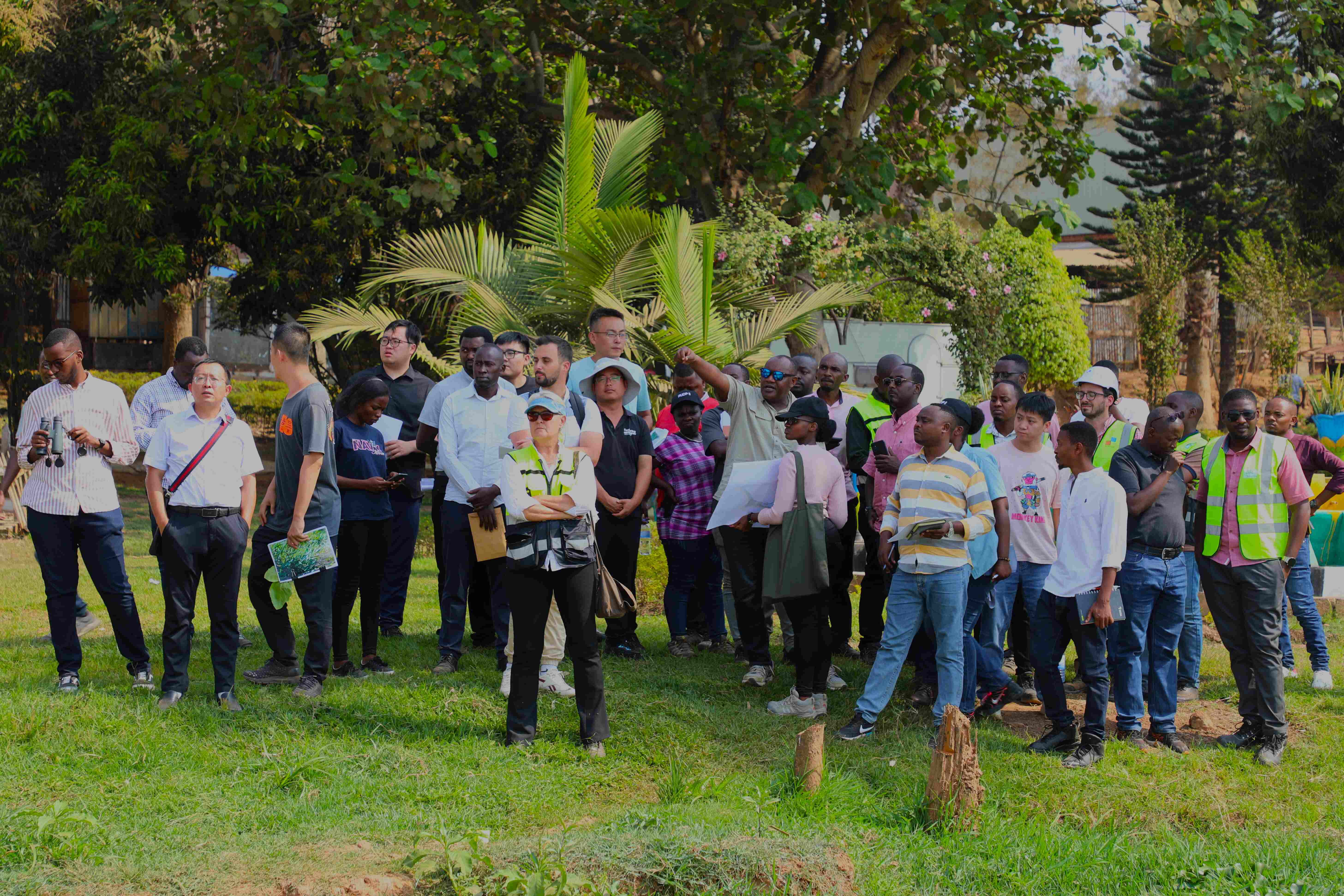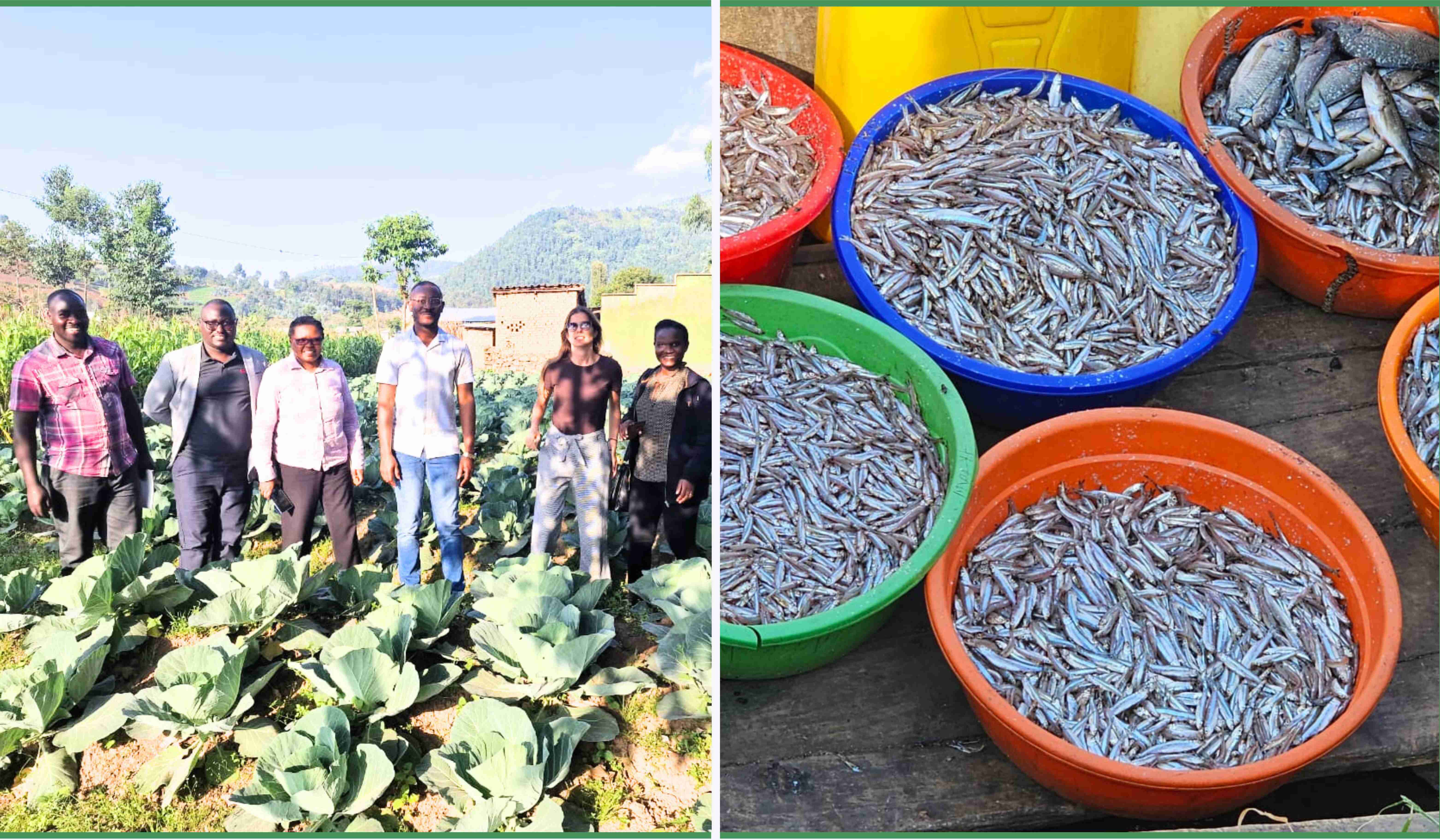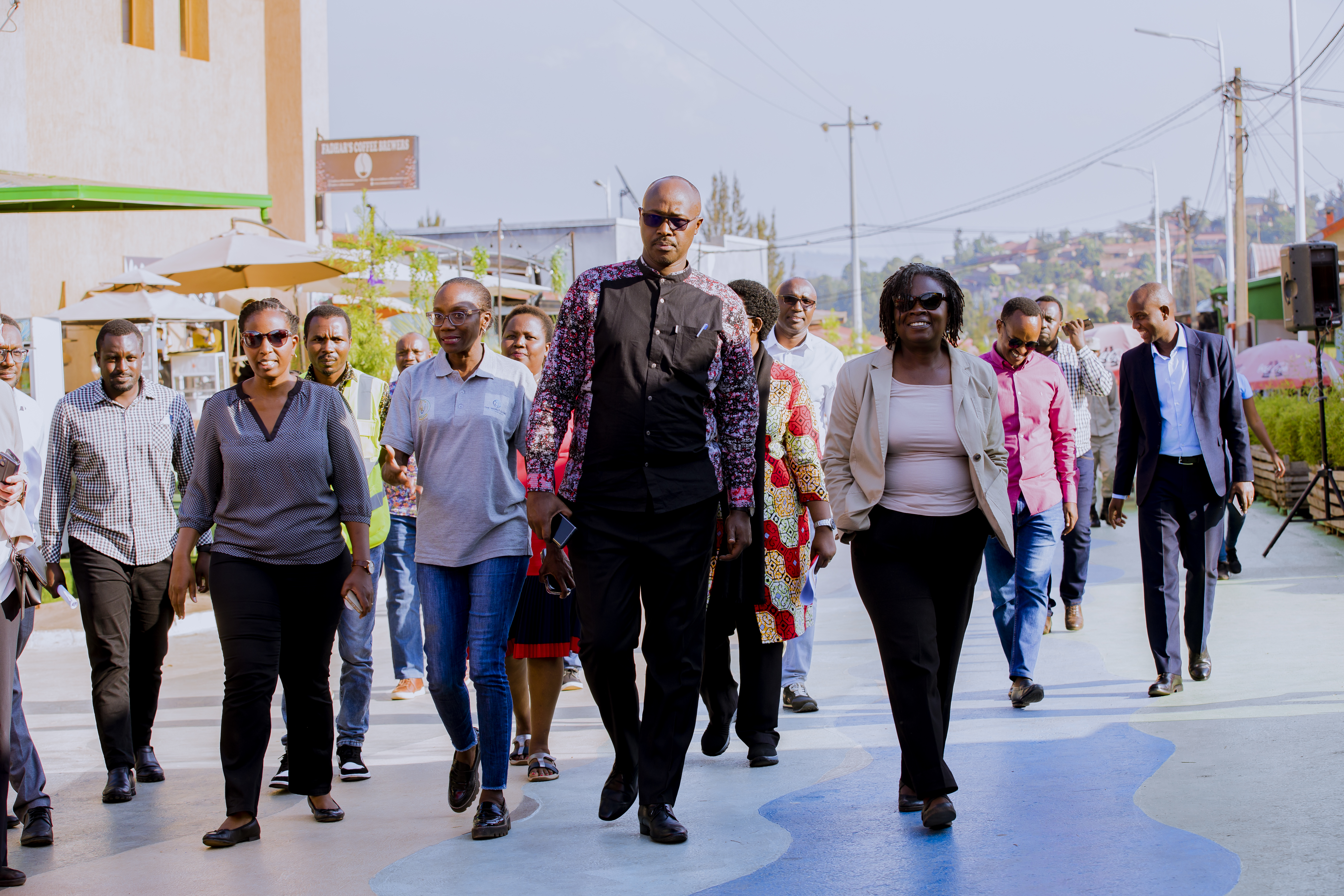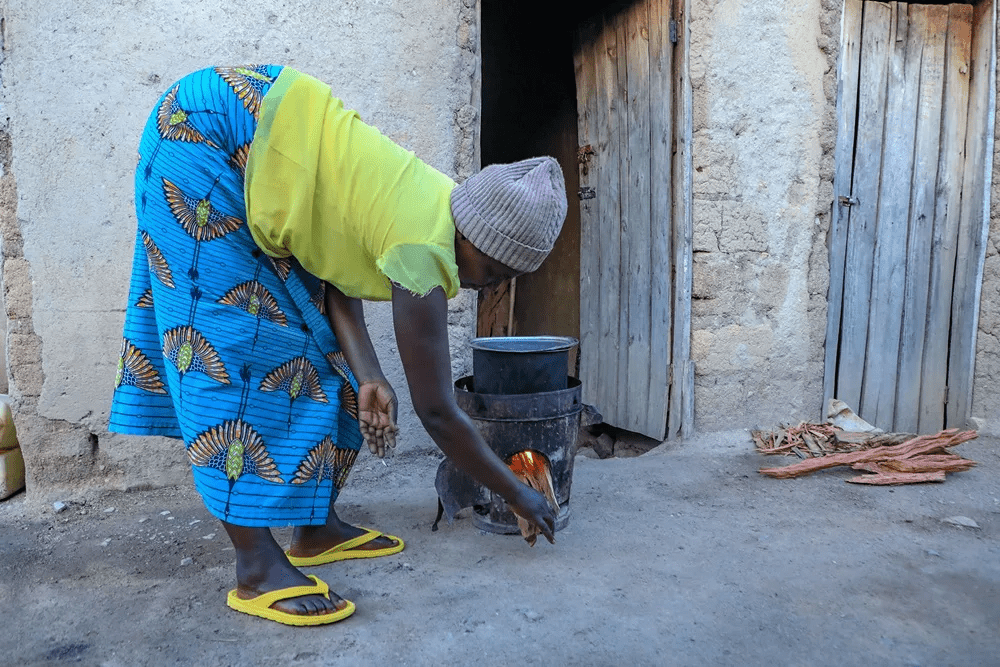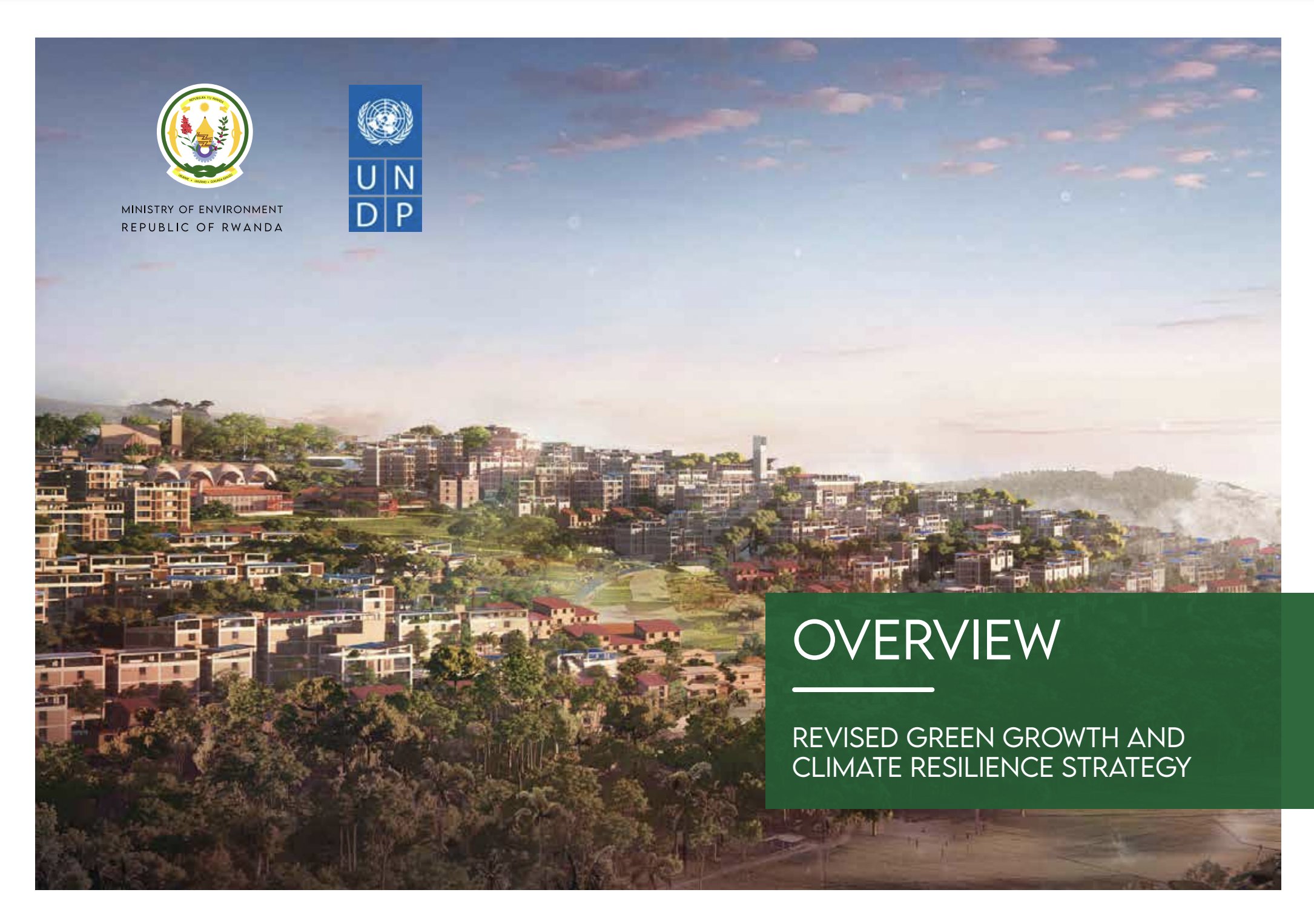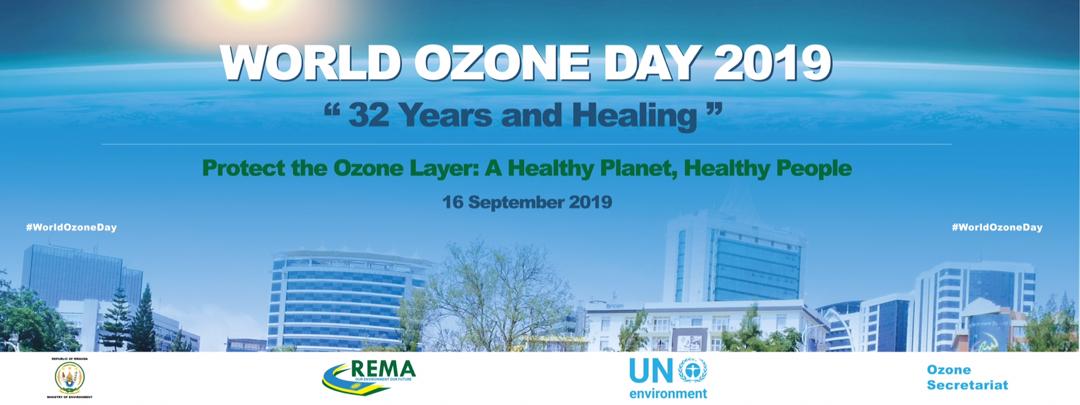
Rwanda joins the rest of the world to celebrate the World Ozone Day 2019
Rwanda is this coming Monday joining the rest of the world to celebrate the World Ozone Day celebrated under the theme “32 years and healing”. The day is celebrated annually on 16th September, proclaimed by the UN General Assembly to be the International Day for the Preservation of the Ozone Layer.
This acknowledges the date of 16 September when representatives from 24 countries met in Montreal-Canada and announced to the world that it was time to stop destroying the ozone layer (16September 1987).
The theme for this year celebrates over three decades of remarkable international cooperation to protect the ozone layer and the climate under the Montreal Protocol. It reminds us that we must keep up the momentum to ensure healthy people and a healthy planet.
For Rwanda, by celebrating the World Ozone Day, the country celebrates its success with its support to the Montreal Protocol especially the Kigali Amendment to the Montreal Protocol, which entered into force on 1 January 2019. Currently, more than 78 countries have already ratified the Kigali Amendment to phase out hydrofluorocarbons (HFCs) that are most potential climate-warming gases. It is important to note that the phasing down of HFCs, will avoid up to 0.4°C of global temperature rise by the end of the century.
Causes and Effects of Ozone Layer depletion
The Ozone layer depletion is normally caused by human activities and human made chemicals especially manufactured halocarbon refrigerants, solvents, propellants and foam-blowing agents that bring chlorine and bromineto the stratosphere, causing then the depletion of ozone layer.
The Ozone layer depleting substances include Chlorofluorocarbons (CFCs), Hydrochlorofluorocarbons (HCFCs), Hydrobromofluorocarbons (HBFCs), Halons, Methyl bromideandCarbon tetrachloride. Those substances have been used as refrigerants in air conditioners, refrigeration equipment, cold rooms and other cooling systems.
The effects of Ozone layer depletion of on human beings include skin cancer, increase in risk of cataract, weakened human immune systems , DNA damage as well as Lung Diseases since Ultraviolet radiations can disturb biomolecules such as lipids, proteins and Nucleic acids.
Effects of ozone layer depletion can also lead to food shortage as Ultraviolet radiations disturb developmental and physiological processes that decrease the productivity of crops.
Ultraviolet radiation also affects wildlife as well since ozone depletion may lead to a loss of plant species and reduce global food supply.
To contribute to the protection of Ozone layer, people are encouraged to use natural gases, timely maintain their cooling equipment such as air conditioners, refrigerators and other heating and cooling systems and also avoid usage gases and chemical products that are dangerous to the ozone layer.
Topics
More posts
Rwanda launches the first-ever calibration laboratories for meteorology, hydrology and air quality monitoring equipment
Rwanda will no longer outsource calibration services for meteorology, hydrology and air quality monitoring equipment, as these services will from now…
International Day of Clean Air for Blue Skies: How Rwanda is taking bold action to beat air pollution
Rwanda has on September 7, 2023 joined the rest of the world to mark the International Day of Clean Air for Blue Skies, which is celebrated annually…
What you did here is so impressive – UK Minister of State for Development and Africa
The United Kingdom (UK) Minister of State for Development and Africa, Rt Hon Andrew Mitchell MP, commends Rwanda’s efforts to protecting the…
REMA conducts a site visit for interested bidders in four wetlands to be rehabilitated in the City of Kigali
The Rwanda Environment Management Authority (REMA) has on 22nd and 23rd August 2023 conducted a guided tour for interested bidders in the five…
Green Amayaga Football competition: Thousands gather to receive messages regarding the project sustainability
The Rwanda Environment Management Authority (REMA) in partnership with Action pour la Protection de l‟Environnement et la Promotion des Filières…
African farming communities kick start cold-chain in continent
Farmers and fishers in Rwanda are joining sustainable cooling experts to learn how clean-cold technology can revolutionise their businesses.
Farmers…
The World Bank vice-president visits one of the five wetlands to be rehabilitated in the City of Kigali
Kigali, 15 June, 2023-Today, the World Bank Vice-President for Eastern and Southern Africa, Victoria Kwakwa visited Rwampara wetland which is one of…
Green Amayaga Project, a solution for women and children
Many decades ago, women and children in Amayaga Region – in Rwanda’s southern province – have been struggling with the lack of firewood and…
Rwanda Launches revised Green Growth and Climate Resilience Strategy
Rwanda has on June 5, 2023 launched the Revised Green Growth and Climate Resilience Strategy as part of World Environment Day celebrations. The…
